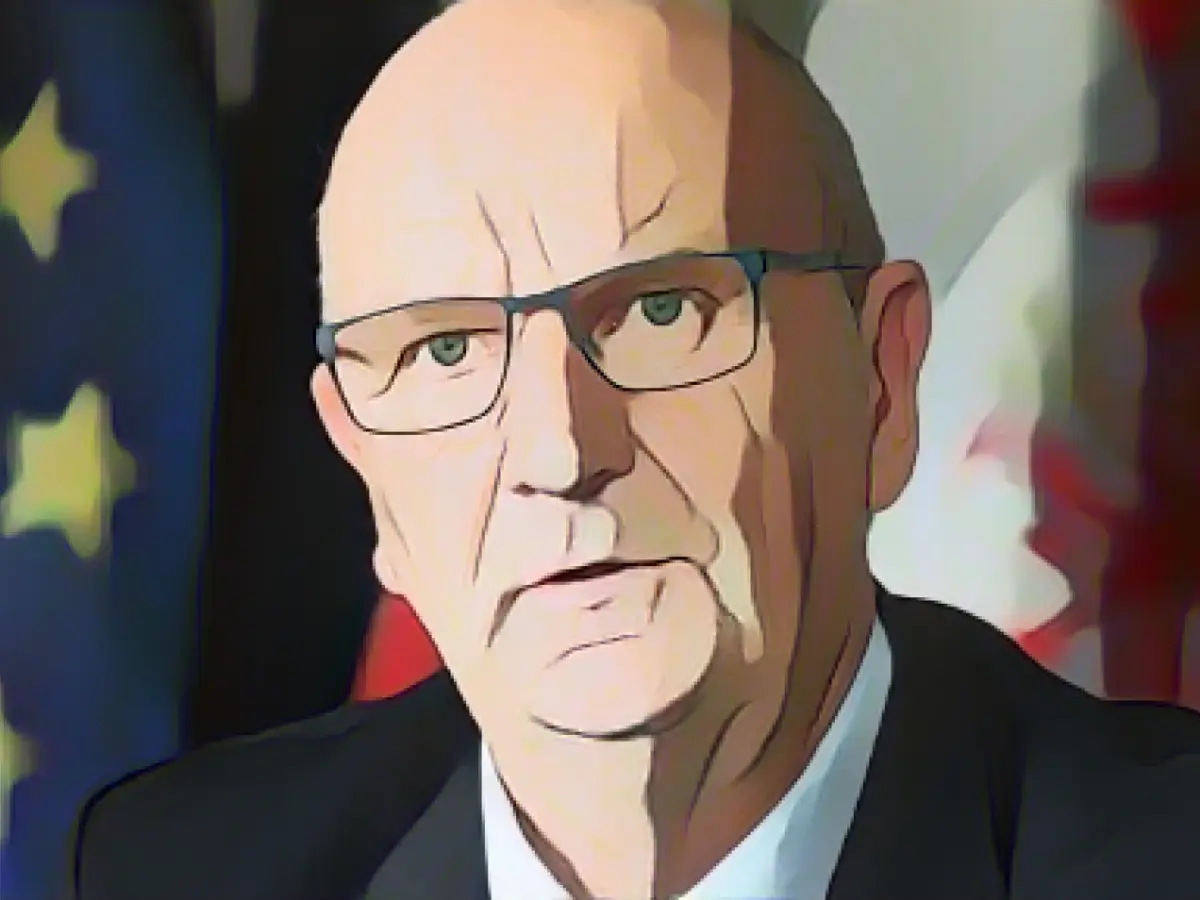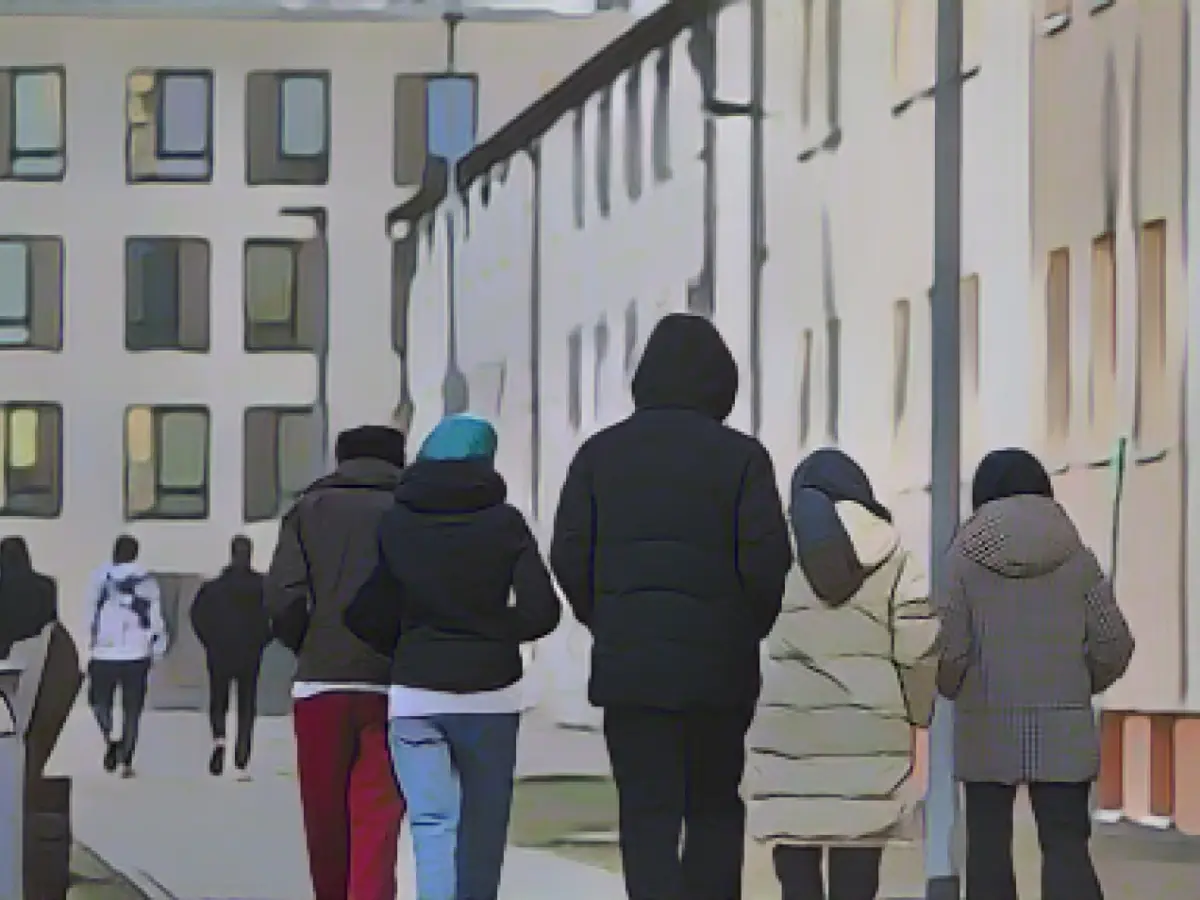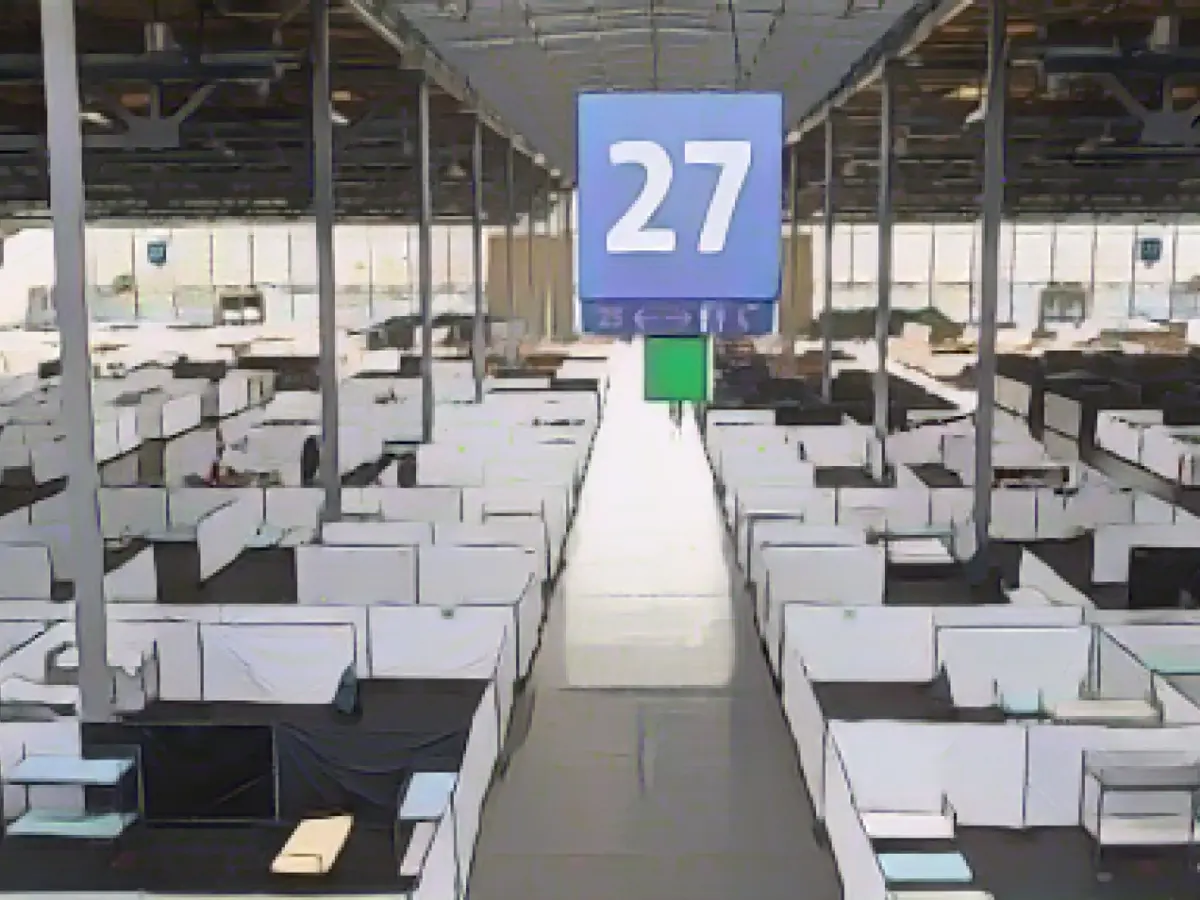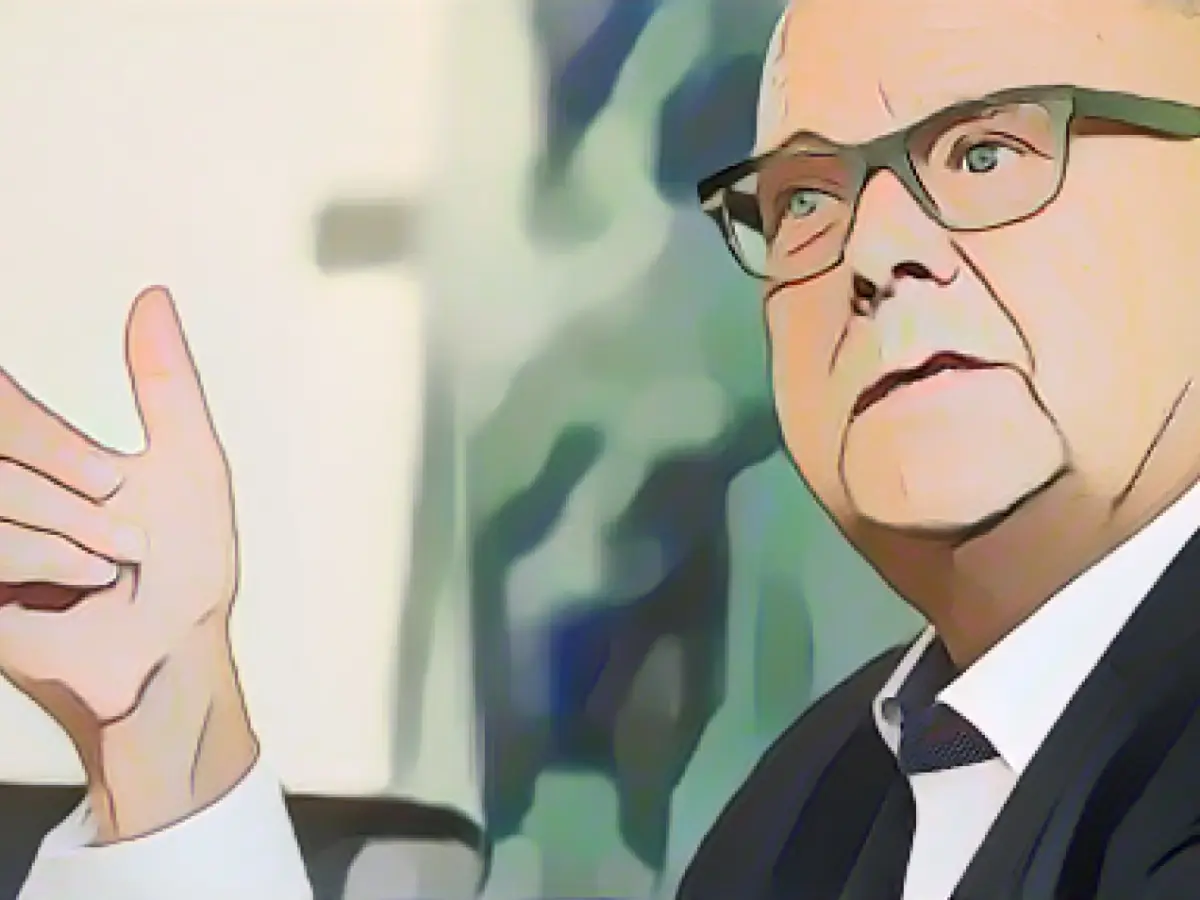Refugee Relief on the Horizon? Woidke's Optimistic Outlook
Brandenburg Minister President Dietmar Woidke (SPD) has high hopes that the EU asylum reform and expedited deportations will provide some relief for overwhelmed local authorities. "The next step is to maintain relentless progress on implementation," Woidke shared with the German Press Agency in Potsdam. He emphasizes the importance of finalizing repatriation agreements with countries of origin and striving for EU-wide unity on immigration laws and swifter deportations for those without legal status.
Cross-Border Harmony and Stricter Measures
The EU and European Parliament reached a consensus on uniform guidelines for Europe's external borders before the holiday season. The primary objective is to impose more stringent measures on individuals entering from countries classified as relatively safe. A reorganization of refugee distribution among EU countries is also underway. Instead of accepting refugees, a financial alternative, such as compensation, is also under consideration. Furthermore, the "traffic light" political groups in Germany's Bundestag agree on a compromise involving simplified deportations and accelerated naturalization procedures.
Internal Discussions and Border Controls
Brandenburg's Interior Minister Michael Stügen (CDU) stresses the need to reinforce EU border security, emphasizing that if the EU's external borders remain weak and more individuals need to be taken in from border checks, the situation will deteriorate further. This, according to Stübgen, should be supplemented by increased security against smuggling networks at the EU's external borders. The ongoing border controls aiming to combat illegal migration, recently introduced by Germany's Interior Minister Nancy Faeser (SPD), have been effective in restricting border crossings. However, Germany's CDU Interior Minister Stübgen expresses a desire to return to normalcy as soon as possible, viewing this as an exceptional situation.
Woidke's Plan to Limit Asylum Seeker Spending
Woidke identifies the primary relief for local authorities in reducing the number of refugees. He asserts that recent tightened border controls have made a significant impact. Woidke also proposes converting cash payments for asylum seekers into benefits, noting that this is not discriminatory but rather a means to judiciously use resources for both humanitarian assistance and countering people smuggling. Woidke reassures that the constitutional right to asylum and UN Refugee Convention remain foundational to the German government's stance, differentiating between those seeking refuge and individuals migrating for purely economic purposes.
Additional Insights:
The EU and Germany have a complex relationship with asylum and border control, balancing existing regulations with new proposals to combat irregular migration. Germany's border controls have resulted in numerous detections, arrests, and turnaways, receiving criticism from opposition leaders seeking permanent controls. However, these proposals face legal challenges and may harm European unity. New regulations that replace the Dublin III Regulation aim to create fast-track procedures for asylum seekers from low-recognition countries.
Relevant Readings:
Sources:








